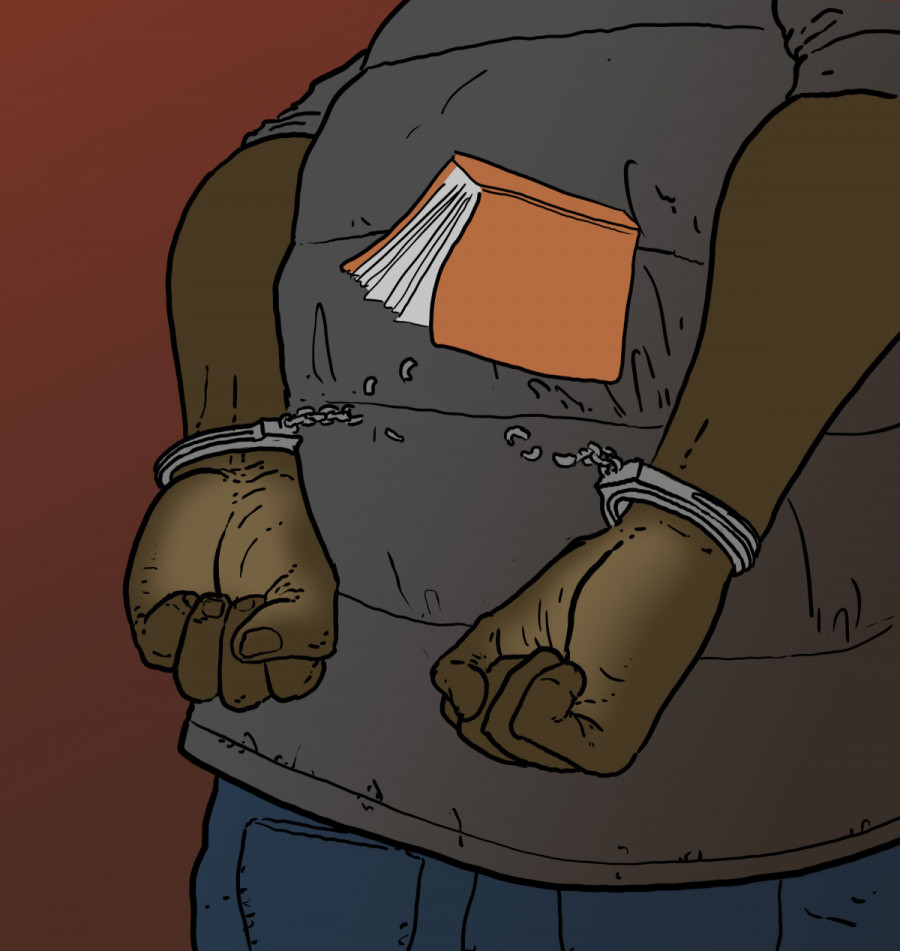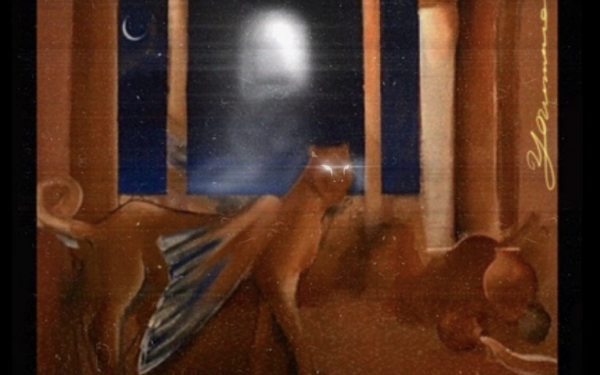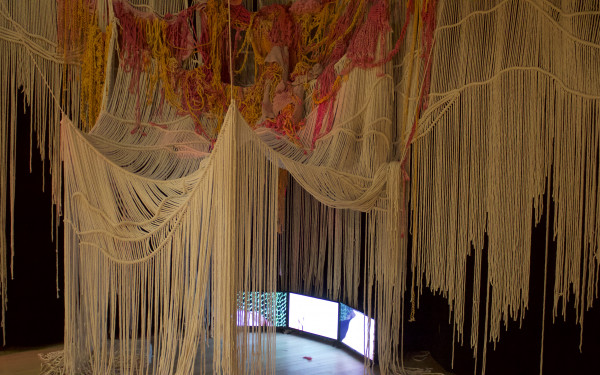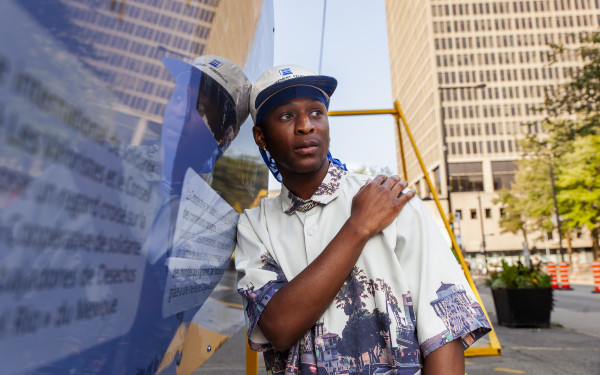Activism through art: The VOLTA Collective
Concordia graduates use literary arts for anti-carceral and transformative justice
Through poetry, fiction and performance, The VOLTA Collective denounces the cruelty within justice systems worldwide, which disproportionately affect LGBTQ2S+ Black individuals.
VOLTA was founded in 2020 by Concordia graduates Paige Keleher and Meredith Marty-Dugas, with Faith Paré being its first member. The group of artists use literary arts to promote anti-carceral and transformative justice. They are not affiliated with any universities or institutions, as they are anti-institutional, but they appreciate the grants they have received from various organizations to pay for their events.
The members of this initiative describe themselves as primarily writers, but refer to themselves as being a “collective” rather than a “literary journal” to avoid the perceived authority that is implied by titles such as “editor” and “publisher.”
Collectives typically make decisions as a group instead of having one leader, and VOLTA explicitly states being “a group of friends.” While acknowledging that this may complicate receiving funding, they wish to stay true to their anti-institutional beliefs by refusing to uphold any type of hierarchy amongst themselves. As they declare on their Facebook Page:
“We want to produce and share work transparently: we are a group of friends that are united by our interests in art and activism. We hope VOLTA will grow beyond just us to be a group that exists fluidly; coming together to create and fight injustice as we find time, without monetizing our activism or demanding constant commitment and labour.”
The collective uses its Facebook page to share Black poetry and art, amplify Black voices, and raise awareness about social issues. They also host events such as Some of Us Did Not Die, which was in partnership with Concordia’s Sustainability Action Fund and Pervers/cité, a Montreal-based queer, trans and non-binary summer festival.”
“We want to produce and share work transparently: we are a group of friends that are united by our interests in art and activism.” — Facebook post from VOLTA
Some of Us Did Not Die was a community fundraiser that owed its title to Black feminist visionary June Jordan and took place Aug. 30, 2020. This event was hosted by Deanna Smith, a poet, performer and educator who is a descendent of the African diaspora. Other performers included Awa Banmana, isi-bhakomen, Powetik, as well as two of VOLTA’s members, Faith Paré and Paige Keleher, to name a few.
“Some of Us Did Not Die was an all-Black emerging artist showcase created by and for Black people with an Afrofuturist theme,” stated Faith, Meredith, and Paige in a joint statement to The Link. Afrofuturism has been defined in a few slightly different ways throughout the past two decades, but the general idea of the movement is to address current struggles Black people face and, through artistic means, imagine a future in which they are liberated from these struggles.
Low-income Black and Indigenous individuals were able to attend the event for free, whereas everyone else was asked to make a donation. All revenue went towards Black individuals who were recently—or are currently—incarcerated in Canada.
Despite making up only about 3% of the Canadian population, Black people constitute 8.6% of the federal prison population. Furthermore, between 2003 and 2013, the incarceration rate among this minority increased by nearly 90%. This overrepresentation of Black people within the Canadian criminal justice system is a direct result of the blatant racism and classism present in federal courts.
This is why we need more events like Some of Us Did Not Die, which ultimately raised $4250 thanks to the hard work of its organizers and the generosity of its attendees.
The idea of merging social justice and the arts is nothing new. In the 1960s and 1970, the Black Arts Movement used art to promote social justice in the United States. The movement’s goal was to create a populist art form to promote Black nationalism. They shed light on issues such as interracial tensions, sociopolitical awareness and the place of African history and culture in the USA.
Today, VOLTA, as well as other groups they support such as the Anti-Carceral Group, continue the endeavour for social justice by integrating artistic elements into their fight against the oppressive system.







